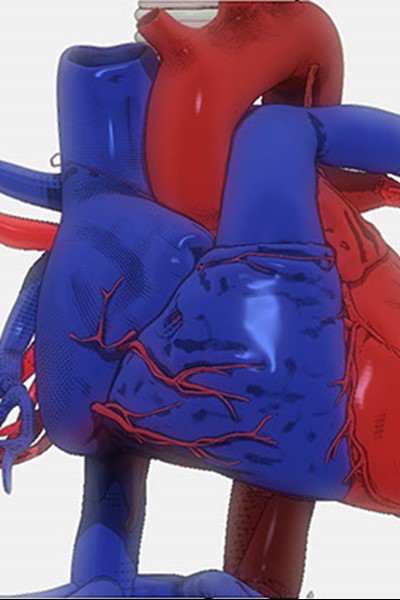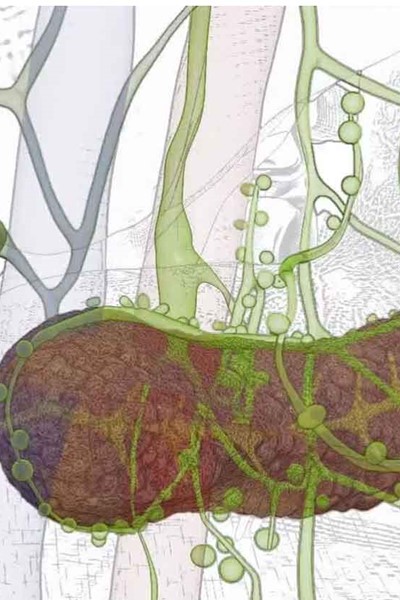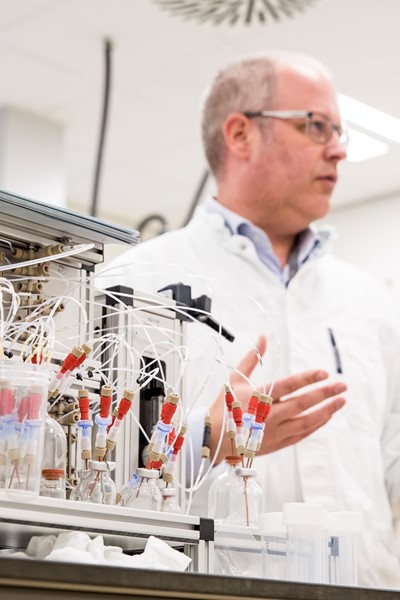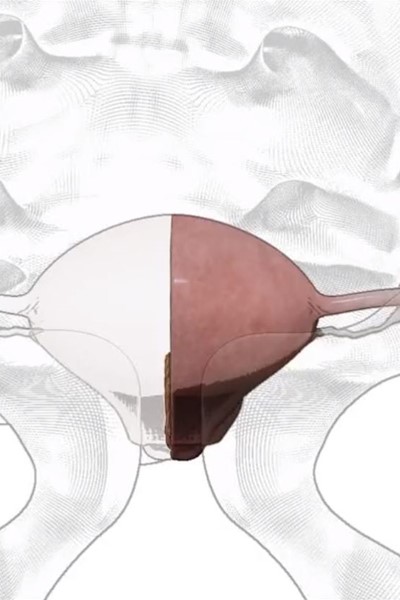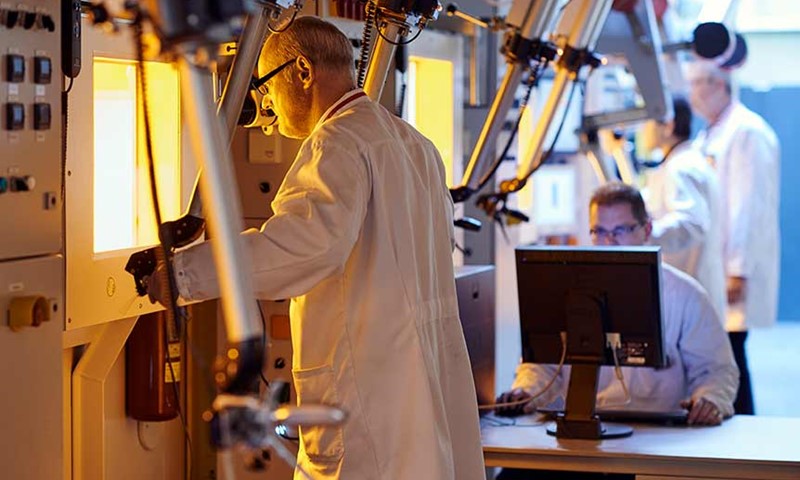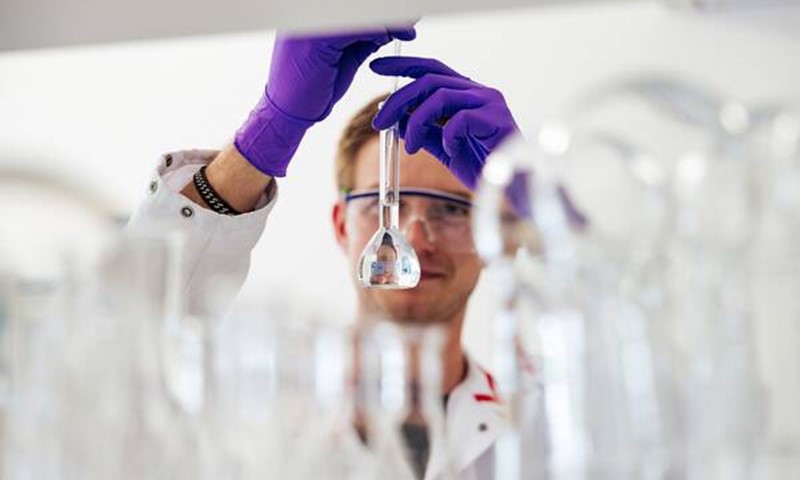Advancing Nuclear Medicine
- Serving 30.000 patients daily
- 1 hour away from important European airport
- Europe's most complete nuclear infrastructure
In a nutshell
Some of our success stories
Being able to predict which cancer patient is likely to respond to chemotherapy with cisplatin has not yet been possible. However, a unique research project between NRG|PALLAS, the Netherlands Cancer Institute (NKI) and Amsterdam UMC may bring about some change.
Producing medical isotopes using only low enriched uranium? After a challenging design process, Curium and NRG are the first in Europe to produce molybdenum-99 with low enriched uranium. Recognizing the commitments made during the Nuclear Summit 2014, to phase out high enriched uranium (HEU) based medical isotopes.
A complex project has been brought to a successful conclusion: the development and installation of a production process for xenon-133 gas.
Recently, we have developed the world’s first fully automated synthesis module, for the synthesis of Pt-195m cisplatin and other platinum compounds
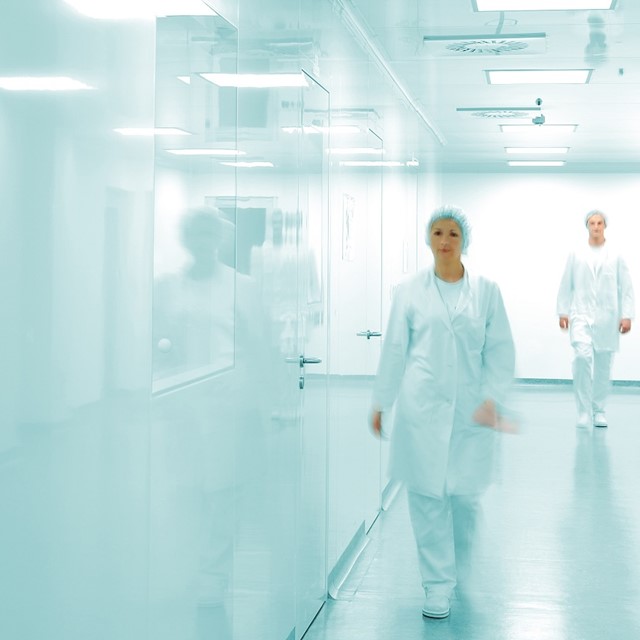
FIELD-LAB: an innovative partnership for the development of nuclear medicine!
FIELD-LAB is a partnership that aims to convert knowledge into new medical solutions. The aim is to accelerate the process from development to the production of nuclear therapies for cancer patients.
- Supply of radiochemical solutions and radiofarmaceuticals to laboratories
- Both research and GMP grade
- Creation of radiochemical processes using innovative isotopes
- Collaboration between academic and industrial partners
- Portal to a fast-growing network with an open innovation culture
Advancing Nuclear Medicine
NRG Advancing Nuclear Medicine cares for the well-being of people worldwide. Especially for their health. We wish people to live longer, be more vital and feel happier. We believe everybody should have access to advanced treatments. New highly targeted treatments will cause less side effects and improve the quality of life.
We provide solutions to advance nuclear medicine ranging from complete irradiation services for medical isotope production, to access to R&D resources & commercial processing.
Publications
In the University of Warwick and King’s College London, the FIELD-LAB of NRG has found its first international partners. Despite the significant barriers created by both the COVID-pandemic and Brexit, researchers and scientists on both sides of the Channel managed to get things started and hope to present exciting new findings in due time. Dr Cinzia Imberti, Sir Henry Wellcome Postdoctoral Fellow, University of Warwick, UK and Nora Klaassen, project manager R&D at Field-Lab, Petten, the Netherlands, shed some light on how this collaboration started and its hopes for the future.
The market for lutetium-177 is expected to grow significantly in the coming years. There are many products in the clinical pipeline that use lutetium-177 as radioactive substance, and we are seeing new, up-and-coming therapies. A promising agent is lutetium-177 PSMA, which acts on the prostate-specific membrane antigen and is used in the treatment of metastasised prostate cancer. In addition to prostate carcinomas, other cancers could be treated with the isotope lutetium-177 in the future. Prof. Hendrikse of Amsterdam UMC, VUmc location, foresees expanding possibilities for patient treatment despite some issues related to market availability.


